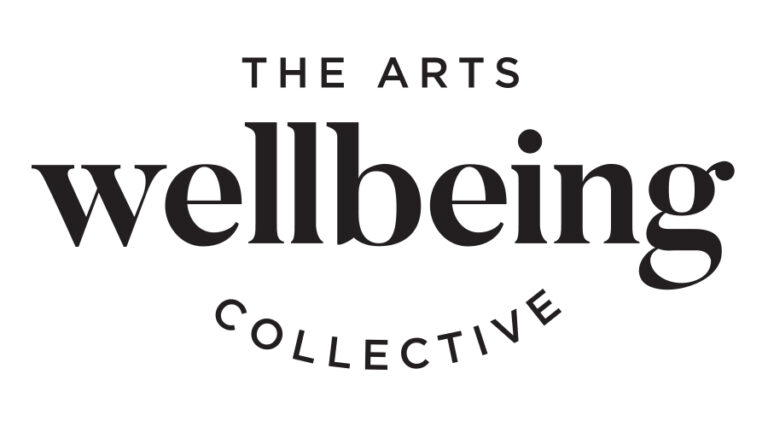
In “Cast and Crew – Looking After Each Other On Tour: Part 1” we outlined how the pressures and practicalities of touring may increase people’s vulnerability and susceptibility to mental health problems, or exacerbate an existing condition. If you’ve noticed that someone in your cast or crew is not quite their ‘usual self’, act on it and start a conversation.
Here are some tips on starting this conversation:
Begin by mentioning specific things that prompted you to check in:
Note it is important to:
Just listen. You don’t have to solve their problems or ‘fix’ anything. Ask open-ended questions:
Use all your best listening skills:
Encouraging someone to seek appropriate professional help is one of the most important things you can do.
Cast and Crew – Looking After Each Other On Tour: Part 1
Mental Health: Getting Out of the Tour Bubble and Heading Home



The Arts Wellbeing Collective is an Arts Centre Melbourne initiative that comprises a consortium of arts and cultural organisations whose shared vision is to effect better mental health and wellbeing for performing arts workers. Our objectives are to: - Improve support services for performing arts workers - Collate and share information - Effect industry cultural change - Improve support networks within and between arts organisations. Our guiding principles are: - Prevention focused, promoting positive mental health and wellbeing, and raising awareness of mental health, mental health problems and the value of early intervention. - Working in partnership, ensuring a variety of partnerships state-wide and across the industry – collaboration is core to the Arts Wellbeing Collective and vital to success. - Creating systems level change, through seeking to understand and address systems, cultures and traditions that contribute to poor mental health and wellbeing in the performing arts. - Long-term thinking, prioritising resources and initiatives that have capacity for long-lasting impact, scalability and transferability. - Knowledge creation and dissemination, working with experts and industry leaders to find, share, create and translate the best available information, tailored for creative contexts. - Encouraging innovation, Arts Centre Melbourne is always learning – we do not have all the answers. We will test, trial, evaluate, and share useful findings with energy and authenticity, and continue to be rigorously planned, strategically responsive and thoughtfully adaptable.
Read Full Profile© 2021 TheatreArtLife. All rights reserved.

Thank you so much for reading, but you have now reached your free article limit for this month.
Our contributors are currently writing more articles for you to enjoy.
To keep reading, all you have to do is become a subscriber and then you can read unlimited articles anytime.
Your investment will help us continue to ignite connections across the globe in live entertainment and build this community for industry professionals.